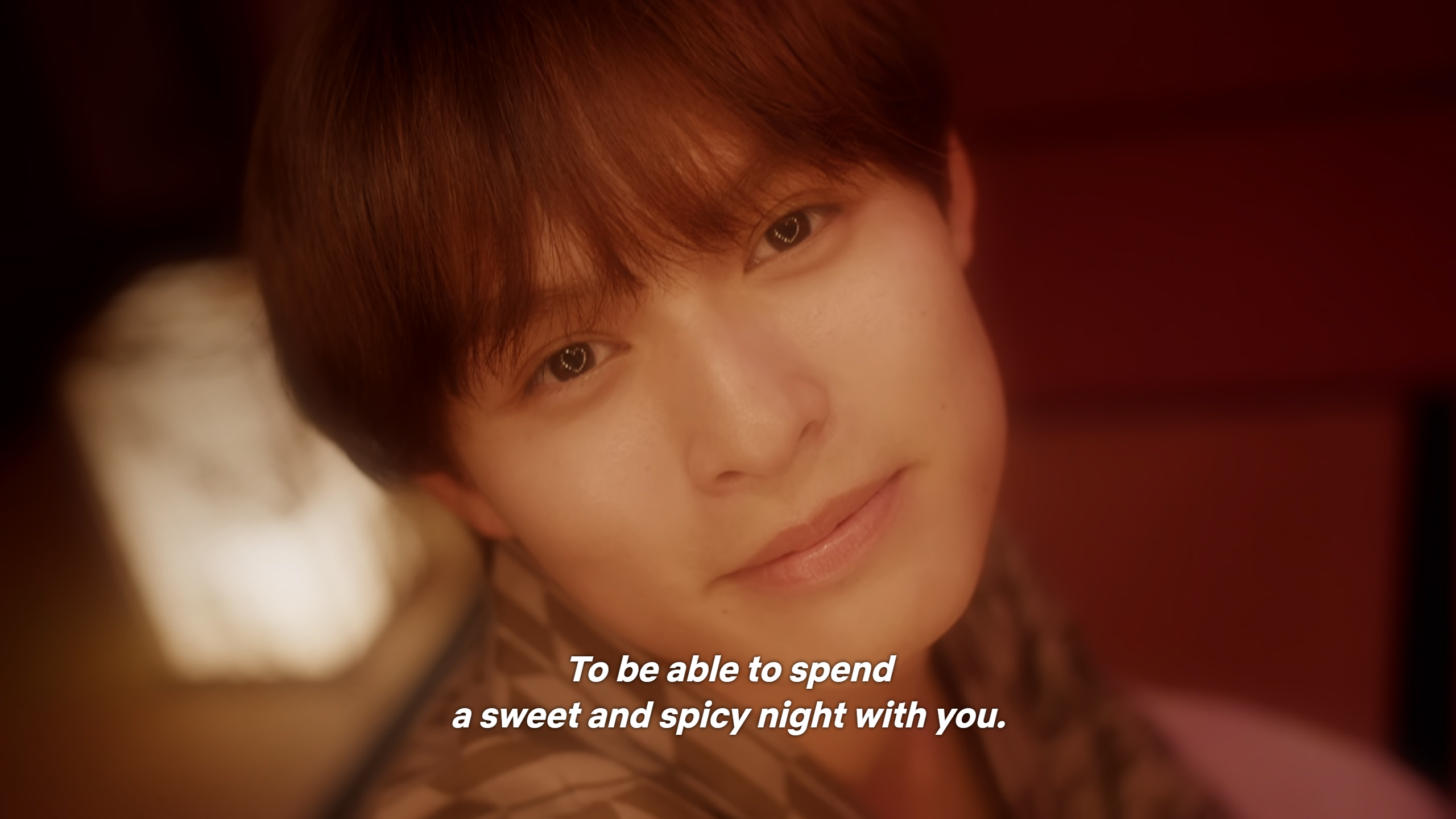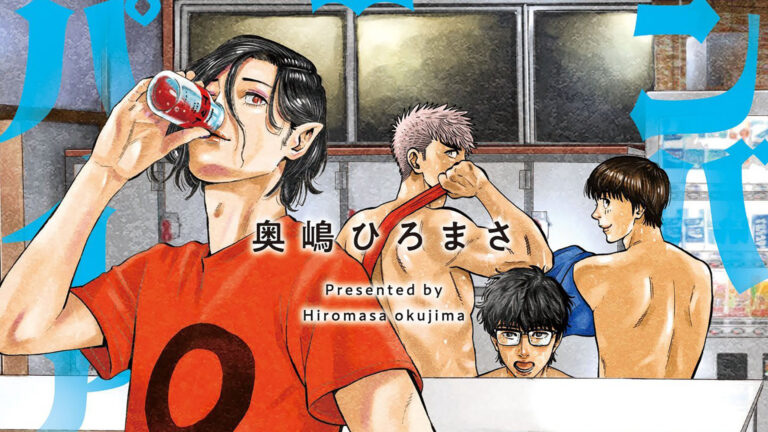According to the all-too-vague Netflix description, ‘Love is a Poison‘ is about “an elite but socially awkward lawyer [who] takes in a genius con artist. Together, they secretly solve complex legal cases using unethically obtained evidence.”
That’s the bare-bones summary — but it doesn’t even scratch the surface of what this show really is. So let’s get one thing clear about this quirky queer romcom: it’s not just Japanese, it’s Boys Love (BL).
What exactly is Boys Love?
BL isn’t just two men having romantic interactions. The genre is known for its focus on beautiful, often androgynous men with storylines that centre on emotional connections and romance rather than explicit content. Many BL stories are so innocent they’re downright wholesome, offering a refreshing contrast to more overly sexualized media.
In the conservative, patriarchal society of Japan where large-breasted women in skimpy outfits dominate popular media, the Boys Love genre stands out like a small flower that sprouts from cracks in the concrete. Though produced for a small and primarily female demographic that makes up less than 1% of manga readers, it retains a steadfast fanbase.
Boys Love: now with legal drama sprinkles!
‘Love is a Poison‘ — also known as ‘Love is Like a Poison‘ or by its original Japanese manga title 毒恋~毒もすぎれば恋となる~ (Doku Koi: Doku mo Sugireba Koi to Naru) — is BL epitomised on screen but also tries to weave in aspects from other popular shows like legal and crime dramas. The result is a soapy, sometimes odd, yet strangely addictive series. It veers from cliche and confused to heartwarming and earnest in just a few episodes before rushing towards its conclusion.
Let’s be real: from a critical standpoint, ‘Love is a Poison‘ isn’t award winning television. The filmmaking is average at best, with uninspired indoor sets, flat lighting (a hallmark of Japanese TV), and a modest budget that definitely shows.
Yet, against the odds, these flaws are forgiven and forgotten. Perhaps it’s because at around 20 minutes an episode, it’s never too long before the ending credits song rolls and it’s time for another round. The pacing is fast, sometimes overly so, and character arcs develop quickly enough to prevent you from thinking too hard about the predictable, thin legal plot that is strictly there to set the stage for the characters — but who’s actually watching this for the crime-solving, anyway?

The show’s editor Miki Kazuma said they aimed to add elements atypical to BL like those from ‘buddy comedies’ and suspense. Regardless of how effectively those elements play into the show, the real heart of the series is the romantic relationship between ice-cold lawyer Shiba Ryoma and enigmatic con artist Haruto.
The lead actors lean into their roles with an almost theatrical flair, bringing manga-style drama to life in a way that might bewilder Western audiences unfamiliar with this performance style. But hey, this is manga come to life — embrace it!
Hot springs change everything
The first four episodes are a bit slow, bogged down by Shiba’s high-stakes legal work that lacks pizzazz and investment from the writers. But stick with it. By episodes six/seven, the show hits its stride, embracing its soapy, romantic potential with open arms.

By the end of the 12 episode run, even the legal/crime subplots redeem themselves by tying into the personal stakes of the two lead characters. Sure, the resolutions are a bit rushed, but the blossoming relationship between Shiba and Haruto is so endearing you’ll overlook the convenient plot resolutions.
Final verdict: sip or skip?
‘Love is a Poison’ is worth the drink, as long as you know what you’re ordering. Don’t set your expectations too high and embrace the unapologetically Japanese quirks of the genre. If you’re already a Boys Love fan, you’ll raise your glass to Season 2 in a heartbeat!



